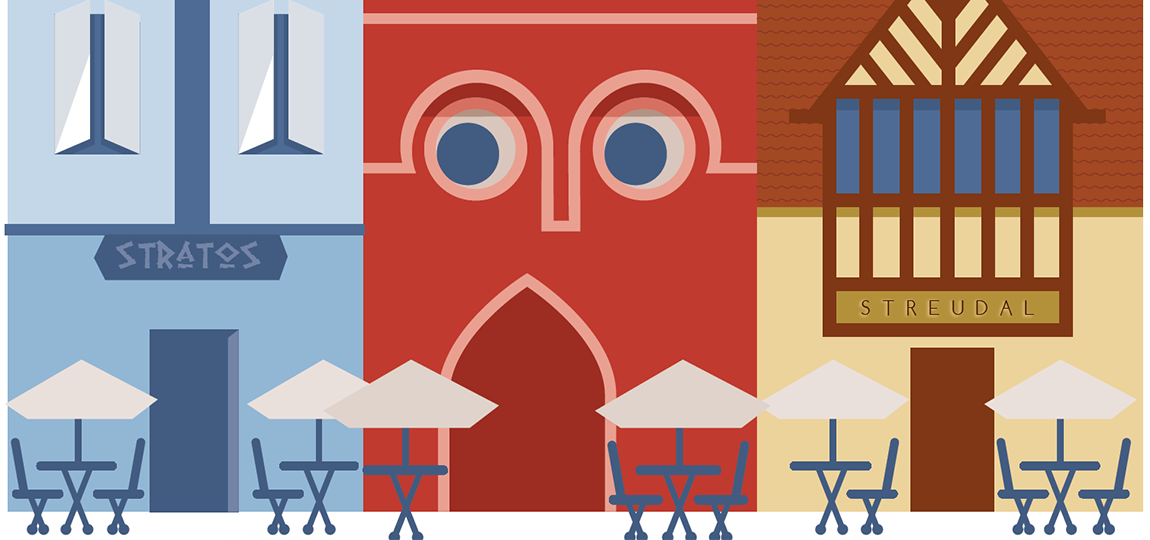
Online services such as OpenTable make it easy for consumers to make restaurant reservations and not show up. But higher-end restaurants are countering this.
Sotto Sopra, for example, an Italian restaurant in Baltimore that loses up to $150,000 a year from no-shows and canceled reservations, announced in 2016 it would require credit card information for large reservations and charge a fee to diners who don't show.
Such a policy can deter most no-shows, but Janet Wagner, professor of marketing at the University of Maryland’s Robert H. Smith School of Business, says a segment of customers will still not show up and eat the cost. The lack of human interaction in online reservation systems lets consumers cancel without feeling responsible for the consequences, she told the Baltimore Sun.
“When you’re working with the Internet, it's just so faceless that it’s easy to forget you’re actually hurting the businesses you’ve promised to patronize,” she says.
On the other hand, Wagner says cancellation fees are a standard practice in a number of industries. “Fees or penalties of some kind are not at all unusual at hotels, airlines,” Wagner says. “So I think people are getting used to the idea.”
Another solution, included in the National Restaurant Association’s “Say good-bye to no-shows” checklist, is to call customers to confirm they’re coming.
Wagner says ticketed dining might also work. This approach extends reserving a table to purchasing the meal in advance—similar to buying tickets online before heading to a movie theater.
“High-end restaurants, in particular, can no longer rely exclusively on excellent food and service to stay in the game,” Wagner says. The challenge becomes creating an aesthetic experience that lives up to the consumers’ expectations. “As long as their expectations are met, high-end ‘foodies’ will accept buying tickets,” she says.
Ticketed dining further allows restaurants to introduce demand-based pricing based on the day and time—like $145 to $175 tickets for a multicourse tasting menu at San Francisco’s Lazy Bear restaurant. This, Wagner says, is a standard yield management practice in service businesses ranging from professional sports to air travel.
“Consumers complain about this practice, but in the end, accept it, because they want the service,” Wagner says. But more price-sensitive consumers “learn when demand for a service is likely to be lowest and cheapest, and adjust their behavior accordingly,” she says. “Customers who aren’t price-sensitive, but care about getting the service when they want it, are willing to pay more.”
Ultimately, she says, “there is no reason to expect this model won’t work in restaurants, particularly at the high end.” /GM/
Media Contact
Greg Muraski
Media Relations Manager
301-405-5283
301-892-0973 Mobile
gmuraski@umd.edu
About the University of Maryland's Robert H. Smith School of Business
The Robert H. Smith School of Business is an internationally recognized leader in management education and research. One of 12 colleges and schools at the University of Maryland, College Park, the Smith School offers undergraduate, full-time and flex MBA, executive MBA, online MBA, business master’s, PhD and executive education programs, as well as outreach services to the corporate community. The school offers its degree, custom and certification programs in learning locations in North America and Asia.